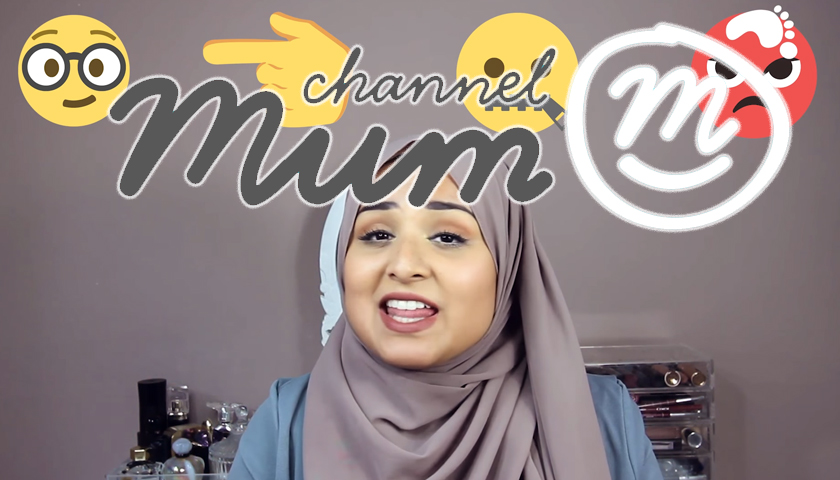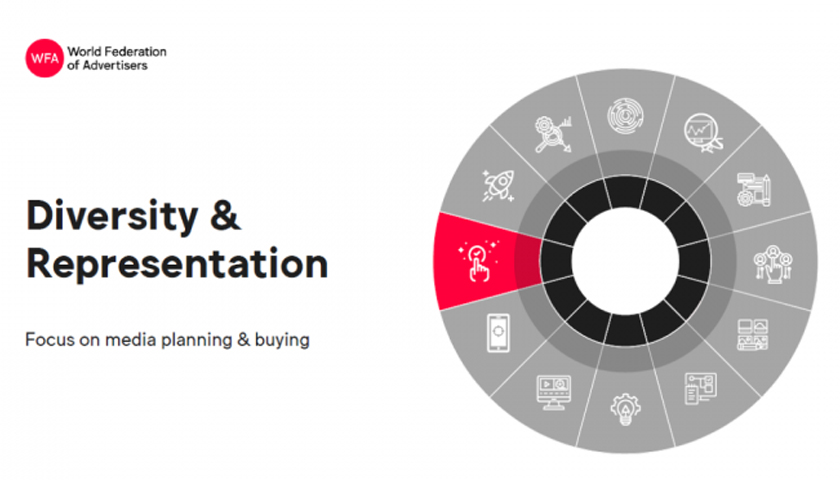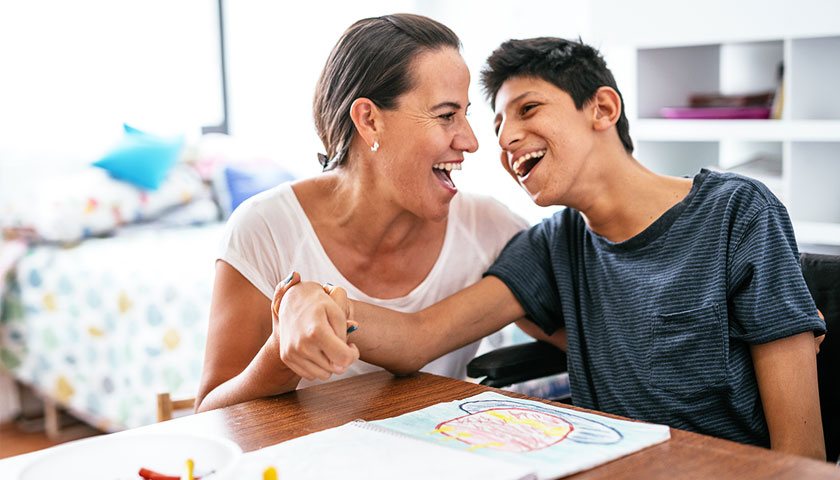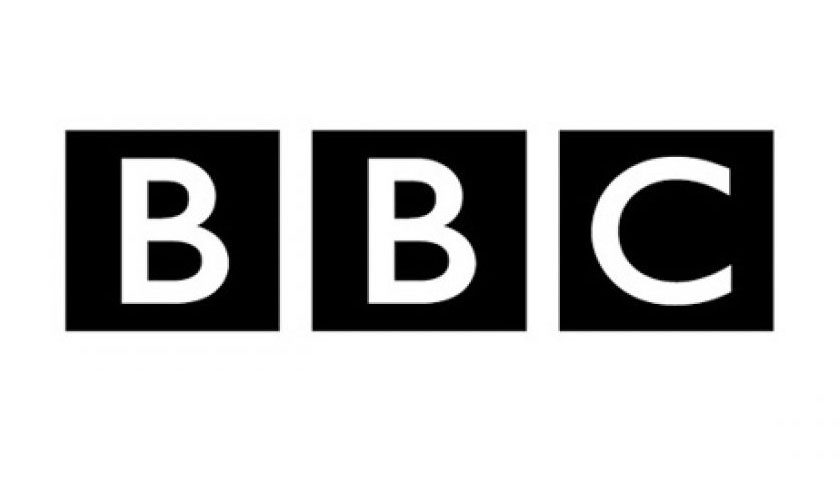Using more Muslim families in mainstream advertising and marketing could help improve race relations, a new study from the UK’s fastest growing parenting site ChannelMum.com reveals.
Two thirds of mums want to see more Muslim faces included in advertising with 88 percent of Muslim families backing the call. And a huge 82 percent of mothers believe having more Islamic families in ads could even boost cultural and religious understanding.
Currently, the lack of mainstream brands using Muslim families to promote their goods has left Islamic consumers feeling isolated. Three in five (58%) say they feel ‘excluded by brands’ and a quarter (23%) as though they are ‘not making a contribution to society’. Over a quarter (26%) confess they worry the lack of visibility could have a negative impact on their children, while a fifth (21%) say it makes them feel ‘not valued’ by brands.
Of the 2,025 mothers questioned, 55 percent think big brands don’t use Muslims as they are worried about negative images in the media, while almost half (48%) think brands fear Islamic associations could put off consumers.
But over a quarter of UK mums (26%) want brands to be ‘braver’ and include Muslim families in more mainstream marketing.
And rather than putting off consumers, using Muslim models or actors could even enhance a product’s appeal. Eight in ten of all mums (79%) say they are happy to buy products advertised by a woman wearing a traditional ‘Hijab’ headscarf while 59 percent of non-Muslims now buy halal products.
Furthermore. A third (32%) believe burkinis will be a new fashion trend even for non-Muslims and one in five (20%) say Islamic ‘modest fashion’ wear will be a fast-growing fashion trend across wider society.
Of the Muslim parents quizzed, over half (54%) say they don’t feel well catered for by big-name brands. This is reflected in shopping habits with most (45%) preferring to shop at local convenience stores followed by 25 percent online. Only 15 percent use big supermarkets regularly.
The biggest barrier brands face to attracting Islamic customers is a lack of modest wear in fashion chains (72% of Muslim mums agree) along with a lack of halal food (52%) and halal drinks (48%).
Just over a third of Muslim consumers also criticised the lack of halal labelling with mums complaining “I can spend almost an hour reading the labels so my shop takes far too long.” But the ranges of halal cosmetics and toiletries were seen as improving with only a quarter saying ranges are not extensive enough.
Potentially, stores could be missing out on tens of millions of pounds’ worth of business as 93 percent said they would spend more with big name brands if the ranges were better. And 52 percent of Muslim mums said they spent more than the £83.60 national average on food and groceries each week, with only 27 percent forking out less.
The study showed Sainsbury’s is the most commonly-used big supermarket by Islamic shoppers with 38 percent buying items there – but Asda was the most widely-praised for its Halal food and modest wear from the George range. While 13 percent shop at Asda, 22 percent use Tesco and eight percent Aldi.
Other brands singled out for praise from Muslim mums included:
- H&M (modest wear), Debenhams (selling fashionable hijabs)
- L’Oréal (halal cosmetics). Asda (food and modest wear)
- Morrisons (halal sweets), M&S (food and swimwear), Nike (sportswear).
Commenting on the findings, ChannelMum.com Muslim mum and lifestyle Vlogger Nilfua Dahlia said: “I want brands to see past the scarf and see the person. If companies took the brave step and included more Muslim families in their adverts, it would definitely make us feel included in society.
“All us Muslim families want is to be seen as ‘normal’ and TV, advertising and marketing is such a powerful way to do this. It would be lovely for brands to take note of these results and we’ll be watching to see who takes the first step.”
Nilufua has published a new video to bust the myths about the hijab headdress. She explains: “Many people think Muslim women are forced to wear the hijab, but we’re not – hijab just means to dress modestly – and Muslim men have to adhere to it too. By wearing a headscarf we hope to encourage people to get to know the real person inside, rather than concentrating on appearance.”
And ChannelMum.com founder Siobhan Freegard said: “No brand would deliberately exclude black faces or disabled models – so why the reluctance still to show Muslim families in ads? Almost five per cent of the UK population is Muslim so let’s see that reflected.”



